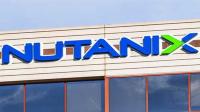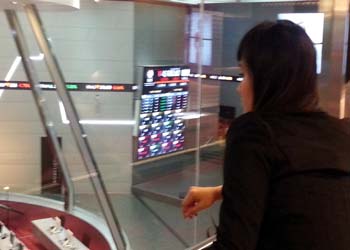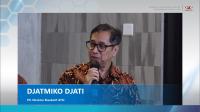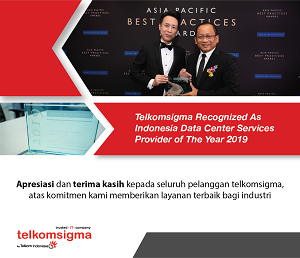Indonesia eCommerce Ready to be Certified
10:08:15 | 12 Mar 2015

Ilustrasi (dok)
JAKARTA (IndoTelko) - Discourse on the certification for eCommerce service by the Minister of Communications and Information Technology (MCIT), Rudiantara, is beginning to raise response from the sector's business players.
"We do not mind about the services and systems certification. It can improve the quality and safety assurance for customers. In the eCommerce business, the issue of security, comfort, and quality of service is crucial," said Elevenia CEO James Lee, yesterday.
However, Elevenia CFO Lila Nirmandari reminded that if the government to regulate eCommerce, it would be better to begin with soft-regulation approach which can encourage the industry's growth.
"If the planned regulatory becomes a burden, it will hinder the development of the local e-commerce. The regulations should support our growth in this new industry," said Lila.
In a separate occasion, Metraplasa CEO Aulia E Marinto also agreed on the certification of eCommerce services if the required terms process is simple, fast, and free of charge.
"I do not know what kind of certification that will be applied by the government, but is it able to properly certify the system? Industry and technology is still very dynamic, changes are continuously to occur," said Aulia to IndoTelko.
If the government is certifying too much, there are some eCommerce players who are affiliated to companies on the stock exchange. "Blanja.com is owned by Telkom and eBay, both are listed in the stock market. We object the regulation if it needs to certify into confidential matters,” said Aulia.
Previously, Indonesia's Minister of Communications and Information Technology Rudiantara is planning to conduct eCommerce services certification in accordance with Government Regulation (PP) on the implementation of systems and electronic transaction which requires organizers of e-commerce has a security certificate electronic transactions.
The technical certification regulation is reportedly to be issued in midyear of 2015. Strengthening regulations for eCommerce as the transaction continues to grow which is predicted to penetrate US $ 20 billion in 2015.(es)
Baca juga :
•
•
•
Artikel Terkait
-
 English Ver. - 04:00:00 | 19 May 2024The real estate sector is observably shifting toward sustainability
English Ver. - 04:00:00 | 19 May 2024The real estate sector is observably shifting toward sustainability -
 English Ver. - 05:21:00 | 03 May 2024Primary drivers for IT infrastructure investments in the next year include ransomware prevention
English Ver. - 05:21:00 | 03 May 2024Primary drivers for IT infrastructure investments in the next year include ransomware prevention
Rekomendasi
Berita Pilihan
More Stories
PR Newswire



























































